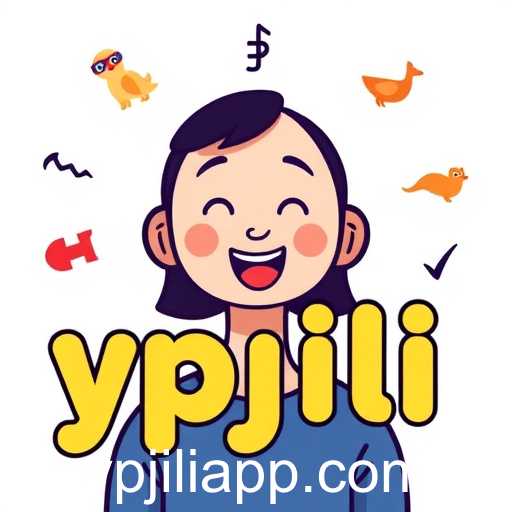Explore the innovative world of 'Pronunciation Practice' games, revolutionized by the keyword 'ypjili.' Discover how gamification is reshaping language learning, offering dynamic and engaging methods to improve pronunciation in a global digital landscape.
In today's digital age, the importance of effective communication cannot be overstated, and within that domain lies the critical aspect of pronunciation. As individuals across the globe seek to improve their language skills, many turn to online resources for help. One fascinating development in this realm is the emergence of 'Pronunciation Practice' as a game category on various educational websites. At the heart of this phenomenon is the keyword 'ypjili,' which has become synonymous with innovative and engaging learning experiences. The inclusion of 'Pronunciation Practice' as a dedicated game category represents a move towards making language learning more interactive and enjoyable. Unlike traditional methods that often rely heavily on repetitive drills and rote memorization, these games offer a dynamic approach to mastering the subtleties of sound. With the digital landscape evolving at a rapid pace, language learners are increasingly drawn to solutions that integrate gamification, providing an opportunity to practice pronunciation in a way that is both practical and enjoyable. The 'ypjili' keyword is not just a random string of characters but a nod to the creativity and distinct branding of this particular genre. As users dive into these games, they're challenged to produce accurate sounds, often guided by interactive elements and real-time feedback. This immersive experience helps reinforce auditory discrimination and muscle memory, critical components of accurate pronunciation. Given the global nature of the internet, these platforms are often designed to cater to a multilingual audience, offering support across numerous languages. This inclusivity is key, as it empowers learners from diverse backgrounds to engage with content that is relevant and tailored to their specific needs. Furthermore, the competitive aspect of these games, often featured in leaderboards and timed challenges, adds a layer of excitement. Players not only focus on correctness but also on improving their speed and efficiency. This gamified approach keeps users motivated and encourages consistent practice, a crucial factor in achieving fluency. As technology continues to advance, the potential for further innovation in the 'Pronunciation Practice' category is immense. We can anticipate the integration of advanced AI and machine learning algorithms to enhance personalization and offer even more nuanced feedback. The 'ypjili' games are likely to become smarter, adapting to individual learning curves and providing targeted exercises that hone in on areas needing improvement. In conclusion, the advent of 'Pronunciation Practice' games, epitomized by the rise of the 'ypjili' keyword, marks a significant milestone in language learning. By harnessing the power of gamification and digital interactivity, these platforms are setting new standards for how we approach language acquisition in a connected world. As more learners discover the joys and benefits of these resources, the way we teach and learn languages may change fundamentally.




